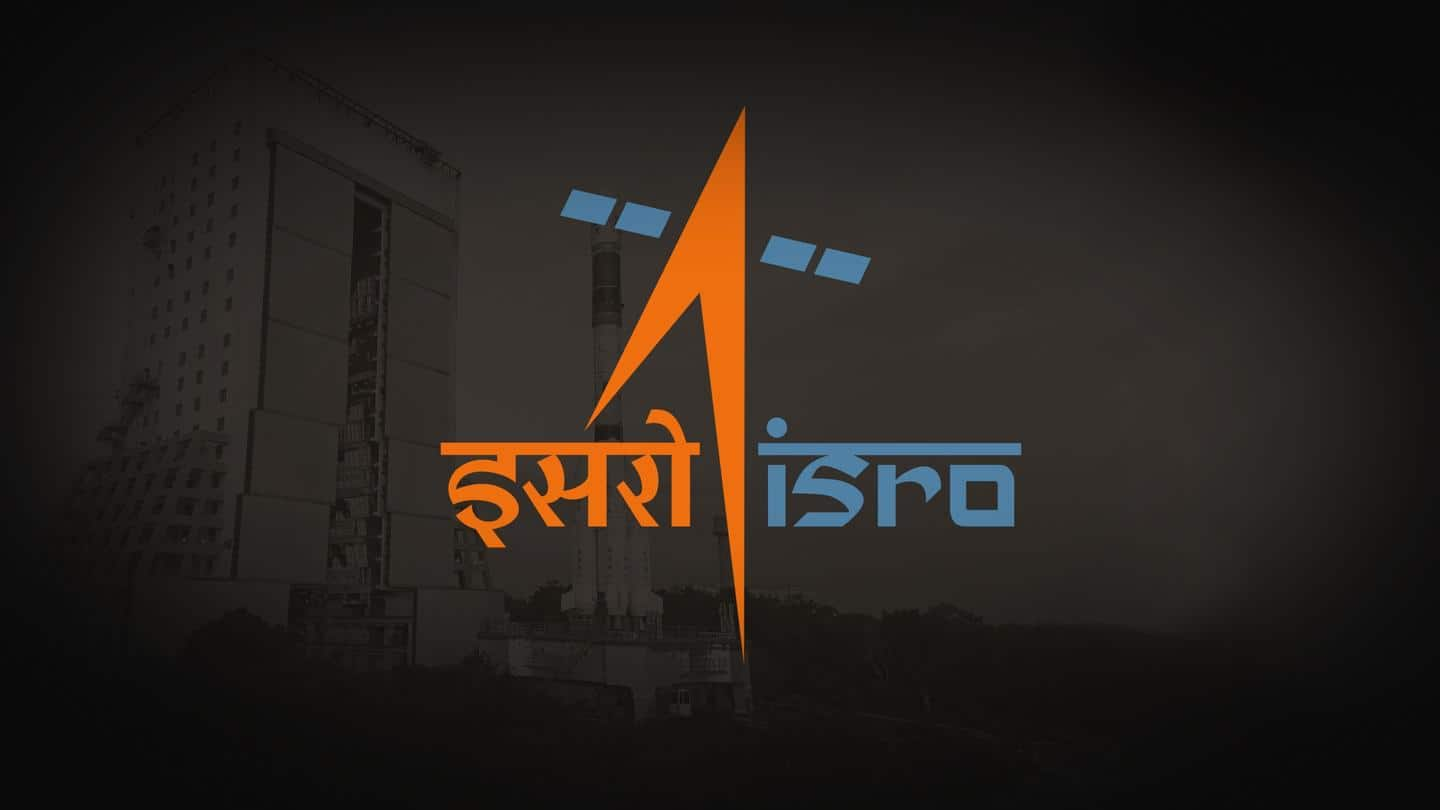
India's first solar mission will be launched next year: ISRO
What's the story
India's first solar mission, Aditya L1, which was postponed from early 2020 due to the COVID-19 pandemic, will likely be launched in the third quarter of 2022, officials at the Indian Space Research Organisation (ISRO) said.
It is aimed at gaining insights into the origin of the universe, among many other phenomena.
Here are more details on this.
Quote
Dr. Unnikrishnan Nair confirms the news
"The solar mission Aditya L1 will be launched in the third quarter of next year and will provide more insights into the origin of the universe and many other unknowns," Director of Human Space Flight Centre, Dr. Unnikrishnan Nair, said, according to Hindustan Times.
Mission
Aditya-L1 spacecraft to be sent 1.5 million km away
Aditya-L1 has been designed in collaboration between ISRO and several Indian research institutes.
The spacecraft in the mission will be sent 1.5 million kilometer away from the Earth to L1 Lagrangian, a point between the Earth and the Sun considered great for observing various phenomena without obstructions from eclipses.
It is planned to be launched on the PSLV-C56 (Polar Satellite Launch Vehicle).
Xposat
Space observatory Xposat will also be launched
Meanwhile, Xposat, the country's second space observatory, will also be launched next year.
It will help astronomers study cosmic sources such as pulsars and supernova, and will be launched through a small satellite launch vehicle.
The new launch vehicle will likely have its first development flight by this December.
ISRO approves launch vehicles for missions after two successful development flights.
Quote
'Looking forward to data generated from this mission'
"Xposat will allow us to study the polarization of celestial events. It will be launched by an SSLV...The first development flight will be by the end of this year. Academicians are looking forward to the data generated from this mission," Nair said.
Developments
COVID-19's severe impact on Indian space missions
Before the pandemic, ISRO had planned as many as 20 launches in the financial year 2020-21.
However, due to the pandemic-induced restrictions, there have been just four launches over the past two years, one of which was a purely commercial launch.
Separately, the first unmanned flight under the Gaganyaan Mission is also likely to be launched by the end of 2022 or early 2023.